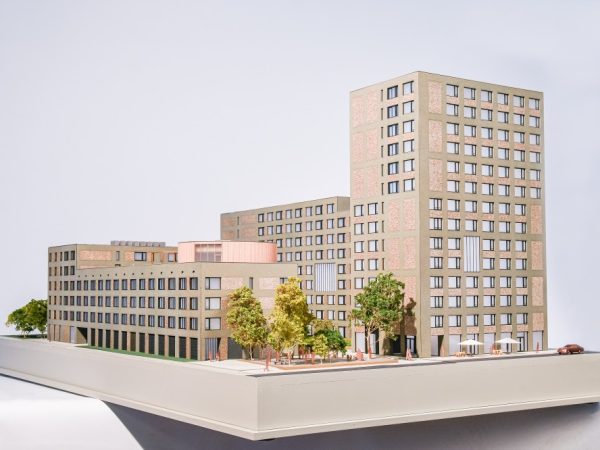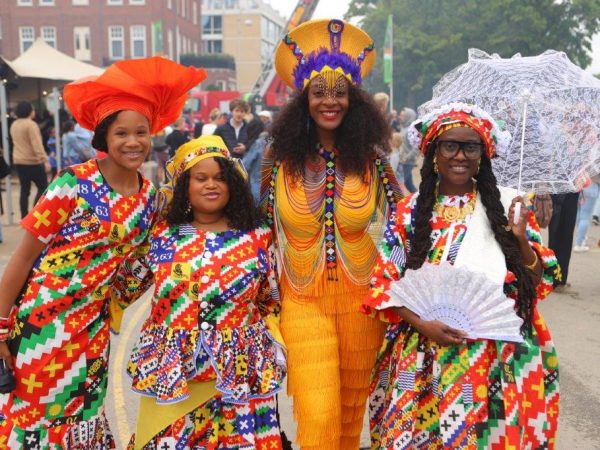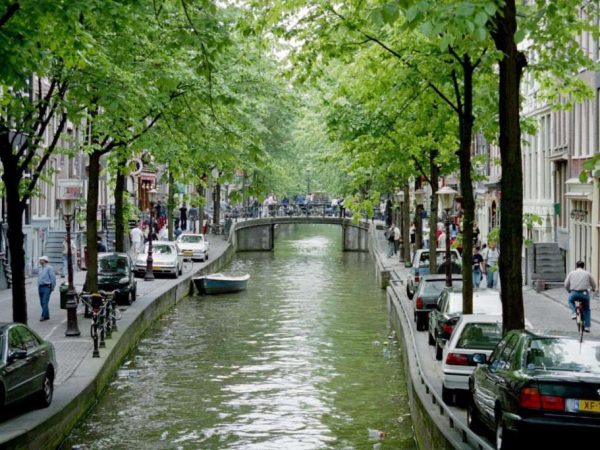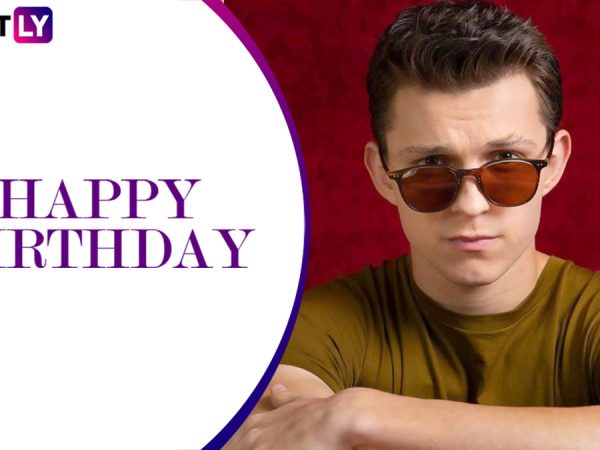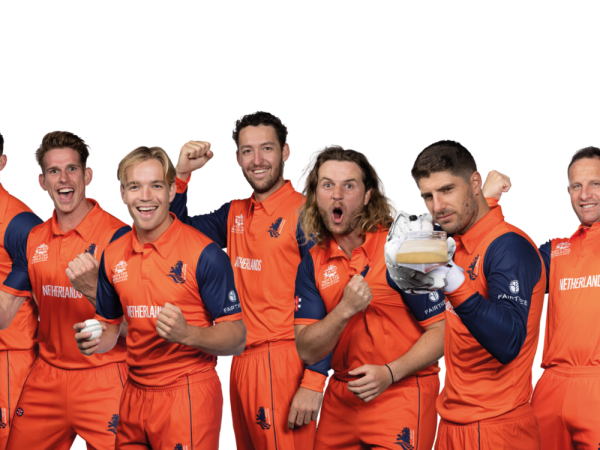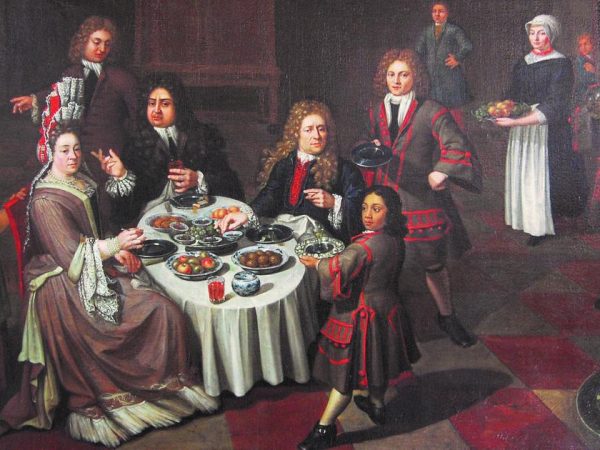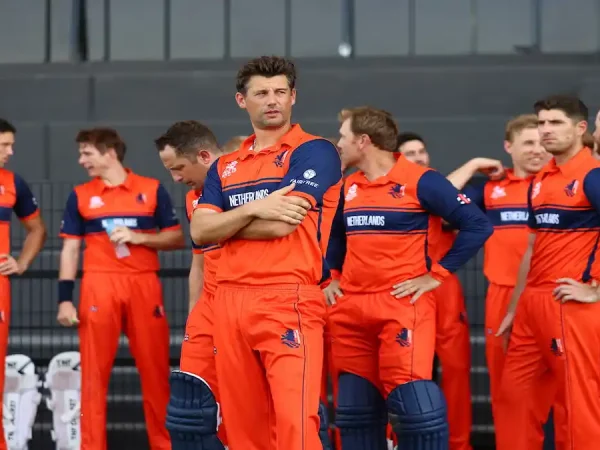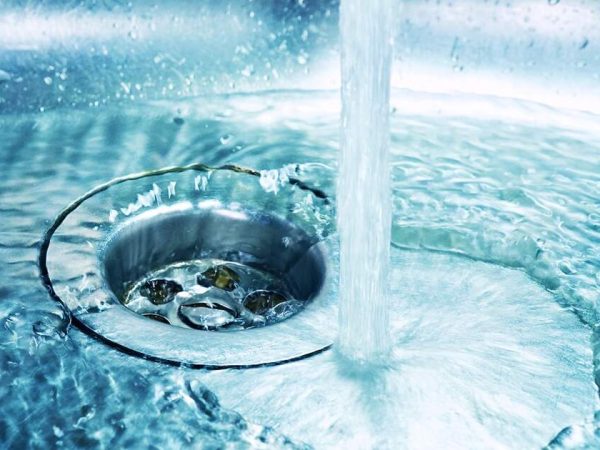Thank You in Dutch: Top 10 Expressions to Master Today
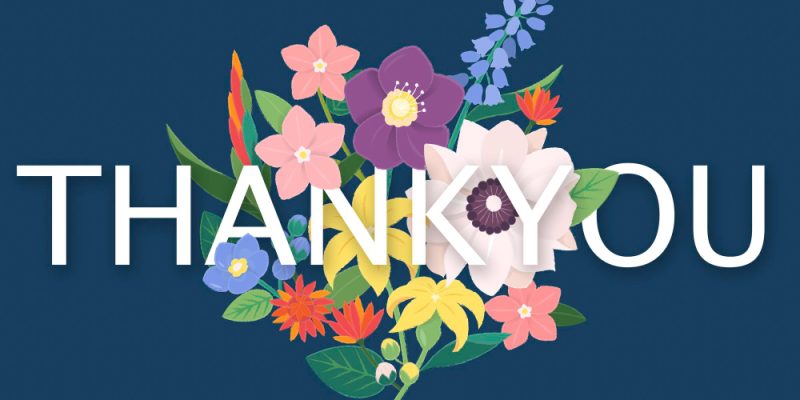
Learning a new language opens doors to a deeper understanding of a culture, and expressing gratitude is a fundamental part of any language. Whether you’re planning to visit the Netherlands, interact with Dutch-speaking friends, or simply enhance your linguistic abilities, knowing how to say thank you in Dutch is an essential skill. Dutch offers a rich variety of expressions for expressing gratitude, from casual to formal settings. This article introduces you to the top 10 expressions of thank you that you can master today.
Thank You in Dutch: The Common Phrase Dankjewel
When you’re learning how to say thank you in Dutch, the first phrase to start with is dankjewel. This casual and commonly used expression is perfect for everyday situations. Whether someone holds the door open for you, hands you a coffee, or does a small favor, dankjewel is the perfect response. It’s the Dutch equivalent of thanks and is widely understood and appreciated.
Pronounced as dahnk-yuh-vell, this phrase will quickly become part of your vocabulary as you engage in conversations with Dutch speakers.
Thank You in Dutch: Formal Version Dankuwel
If you’re in a formal setting or interacting with someone you want to show respect toward, dankuwel is the best way to say thank you in Dutch. This more formal version translates to thank you in a respectful manner and is used when addressing strangers, superiors, or in business situations.
Pronounced as dahnk-oo-vell, dankuwel is a simple yet polite way to show your appreciation when the situation calls for a bit more formality. Whether you’re thanking a colleague, waiter, or professor, this phrase conveys the right amount of respect.
Bedankt: Another Way to Say Thank You in Dutch
Bedankt is another versatile way to say thank you. This word can be used in almost any situation, from informal chats with friends to more formal encounters. It’s often considered neutral, making it a great go-to expression.
Pronounced as beh-dahngkt, bedankt fits perfectly when someone does something helpful or provides a service. It’s similar to thanks or thank you in English and can be used interchangeably with dankjewel.
Hartelijk Dank: Heartfelt Thank You in Dutch
When you want to express deeper gratitude and offer a heartfelt thank you, the phrase hartelijk dank is a great option. It translates to heartfelt thanks and is often used when you want to express sincere appreciation.
Pronounced as hahr-tuh-lik dahnk, this phrase is commonly used in both formal and informal settings to show that you are genuinely thankful. It’s perfect for expressing gratitude for significant favors or gestures.
Heel Erg Bedankt: Stronger Thank You in Dutch
If you want to add more emphasis to your gratitude, you can say heel erg bedankt. This phrase translates to thank you very much or thanks a lot and is used to convey a greater level of appreciation.
Pronounced as hayl airg beh-dahngkt, heel erg bedankt can be used when someone goes out of their way to help you or provides exceptional support. It expresses stronger gratitude than the simpler bedankt or dankjewel.
Ik Dank U: Formal Thank You in Dutch
Another formal way to say thank you is by using the phrase ik dank u, which translates to I thank you. This phrase is often reserved for formal or professional settings where a higher level of respect is expected.
Pronounced as ik dahnk oo, ik dank u is less commonly used in everyday conversation but is useful in more serious situations. For instance, it can be used when addressing someone in a higher position or when delivering a speech.
Dankjewel Voor Je Hulp: Thank You in Dutch for Help
If someone helps you with a task or offers assistance, the phrase dankjewel voor je hulp is an excellent way to say thank you. This phrase means thank you for your help and is a more specific way of expressing appreciation.
Pronounced as dahnk-yuh-vell vohr yuh hulp, it shows the person that you are grateful for their specific assistance, making your gratitude more personal and thoughtful.
Veel Dank: A More Generous Thank You in Dutch
Veel dank translates to many thanks and is a warm and generous way to express gratitude. It can be used in both formal and informal contexts and shows an extra level of appreciation.
Pronounced as vayl dahnk, this phrase is perfect when you want to offer a warm and sincere thank you. It’s slightly less common than dankjewel or bedankt but still widely understood and appreciated.
Dankjewel Voor Alles: Thank You in Dutch for Everything
When someone has gone above and beyond for you, dankjewel voor alles is a great way to express your gratitude. This phrase means thank you for everything and is a way to thank someone for multiple favors or ongoing support.
Pronounced as dahnk-yuh-vell vohr ah-luhs, this phrase conveys deep gratitude and shows that you appreciate all of the person’s efforts, rather than just a single action.
Ik Stel Het Zeer Op Prijs: Appreciation Thank You
When you want to convey a higher level of appreciation, the phrase ik stel het zeer op prijs is an excellent option. It translates to I highly appreciate it and is used in more formal contexts to express a significant level of gratitude.
Pronounced as ik stehl het zeer op prays, this phrase is particularly useful in professional or academic settings where you want to convey respect and deep appreciation for someone’s efforts or support.
Conclusion
Learning how to say thank you in Dutch opens up a world of opportunities for connecting with Dutch speakers, whether you’re traveling, working, or simply exploring the language. From the simple and common dankjewel to the more heartfelt hartelijk dank, mastering these 10 essential expressions will help you express your gratitude in various situations. Knowing when to use formal versus informal phrases is key, and with this guide, you’ll be well-prepared to show appreciation in the Dutch language. Remember, gratitude goes a long way in any culture, and using the right phrases will make your interactions more meaningful.
FAQs
Q1. What’s the difference between dankjewel and dankuwel?
Dankjewel is informal, while dankuwel is formal. Use dankjewel with friends and family, and dankuwel in polite or professional settings.
Q2. Can bedankt be used in both casual and formal settings?
Yes, bedankt is a neutral term that can be used in both casual and formal situations, making it versatile for expressing gratitude.
Q3. How do you express deep appreciation in Dutch?
To express deeper appreciation, phrases like hartelijk dank or heel erg bedankt can be used to convey sincere gratitude.
Q4. When should I use ik dank u?
Ik dank u is typically reserved for formal settings, such as addressing authority figures, professionals, or during formal speeches.
Q5. What’s the best way to thank someone for multiple favors in Dutch?
Use the phrase dankjewel voor alles, which translates to thank you for everything and acknowledges ongoing support or multiple acts of kindness.
Also read: Gourmetten for Beginners: 10 Simple Steps to Culinary Success

